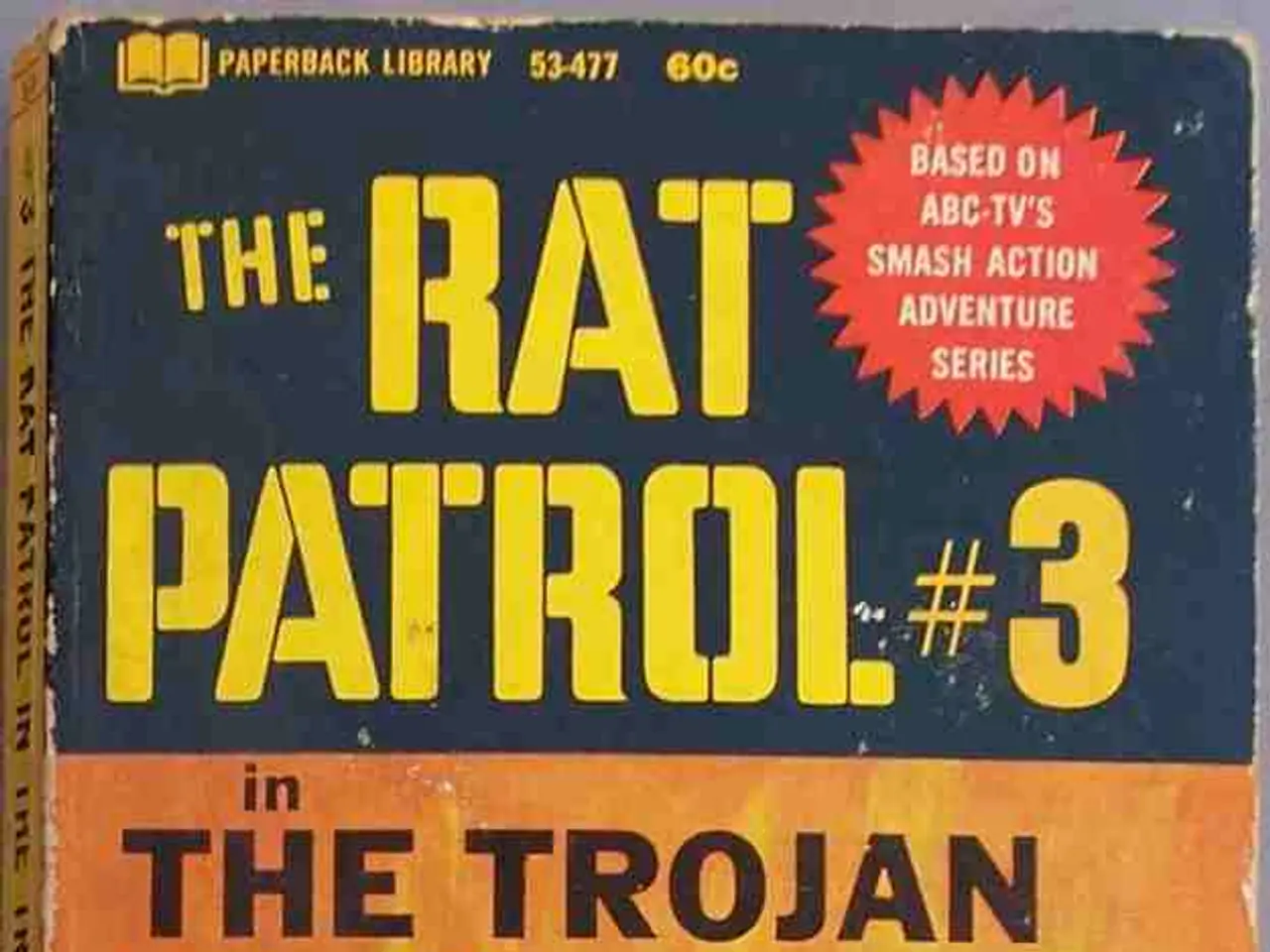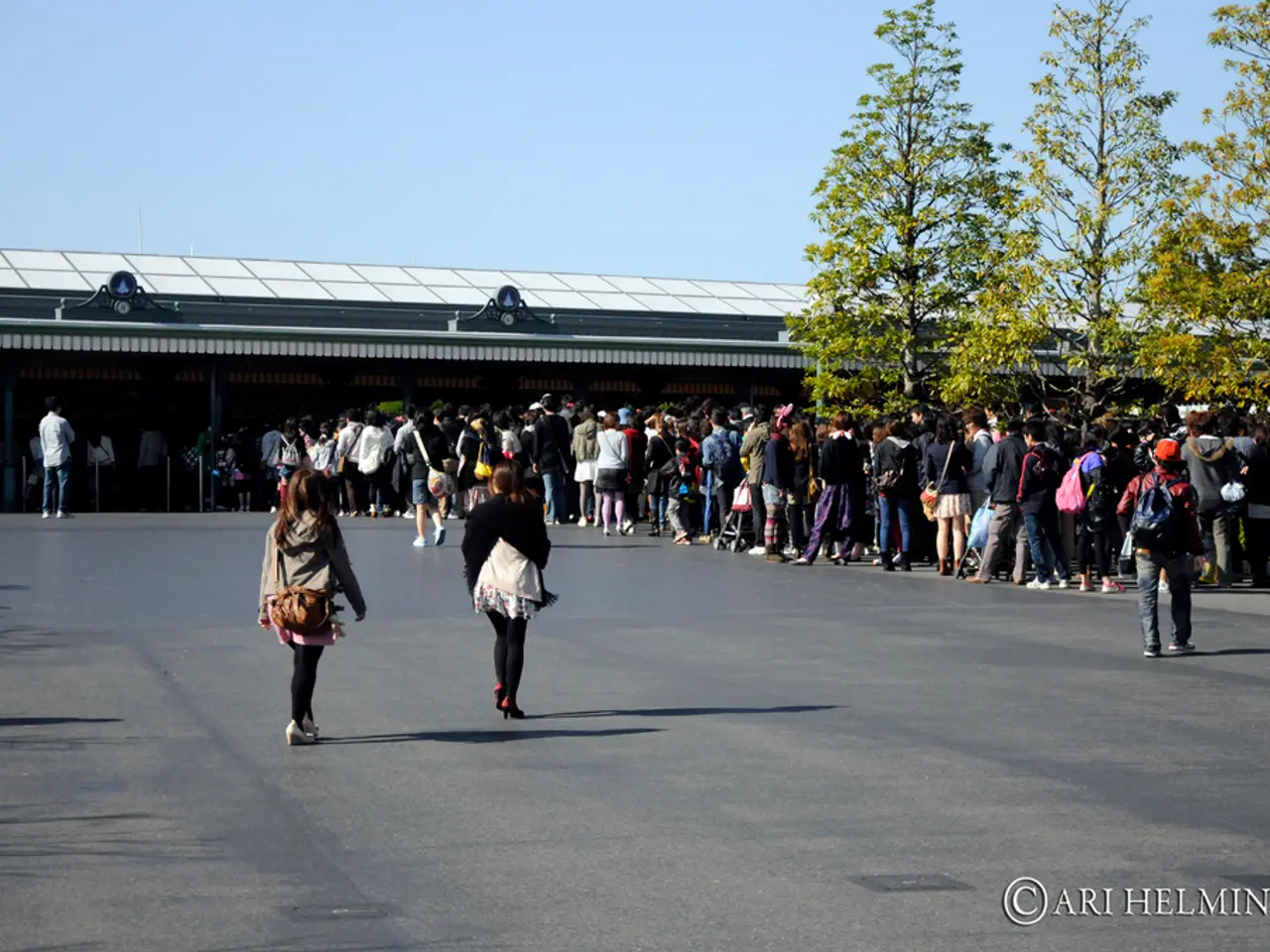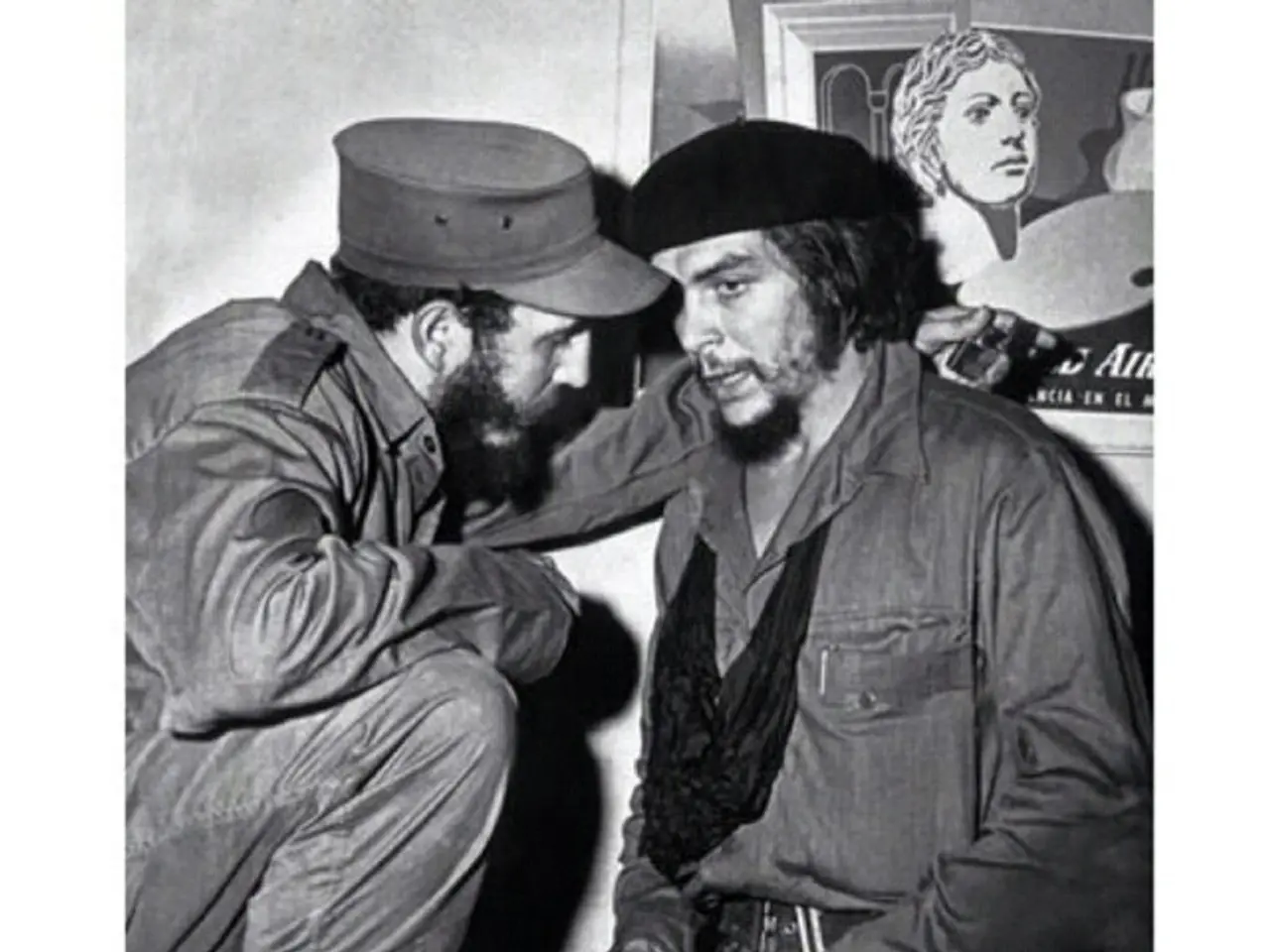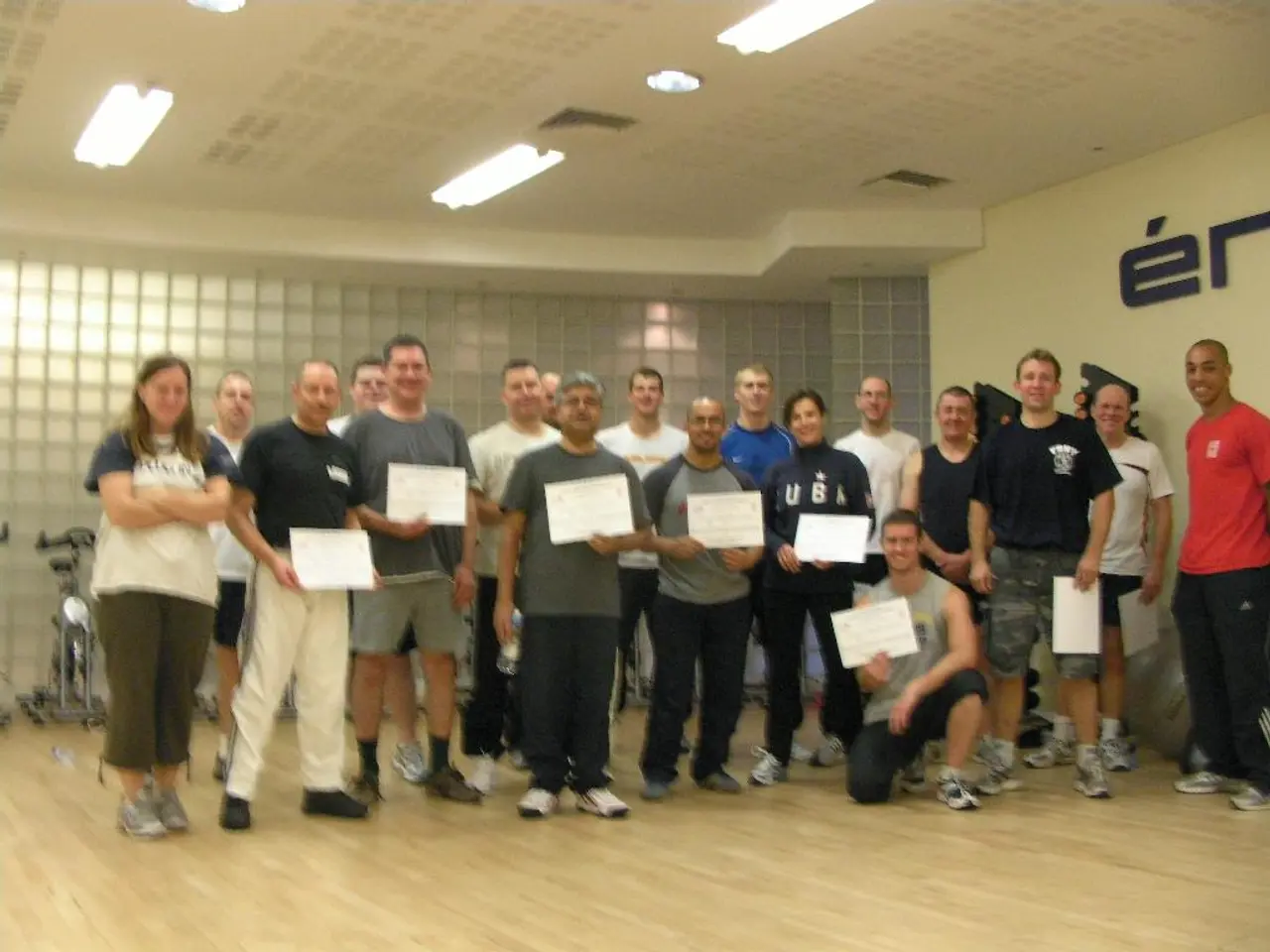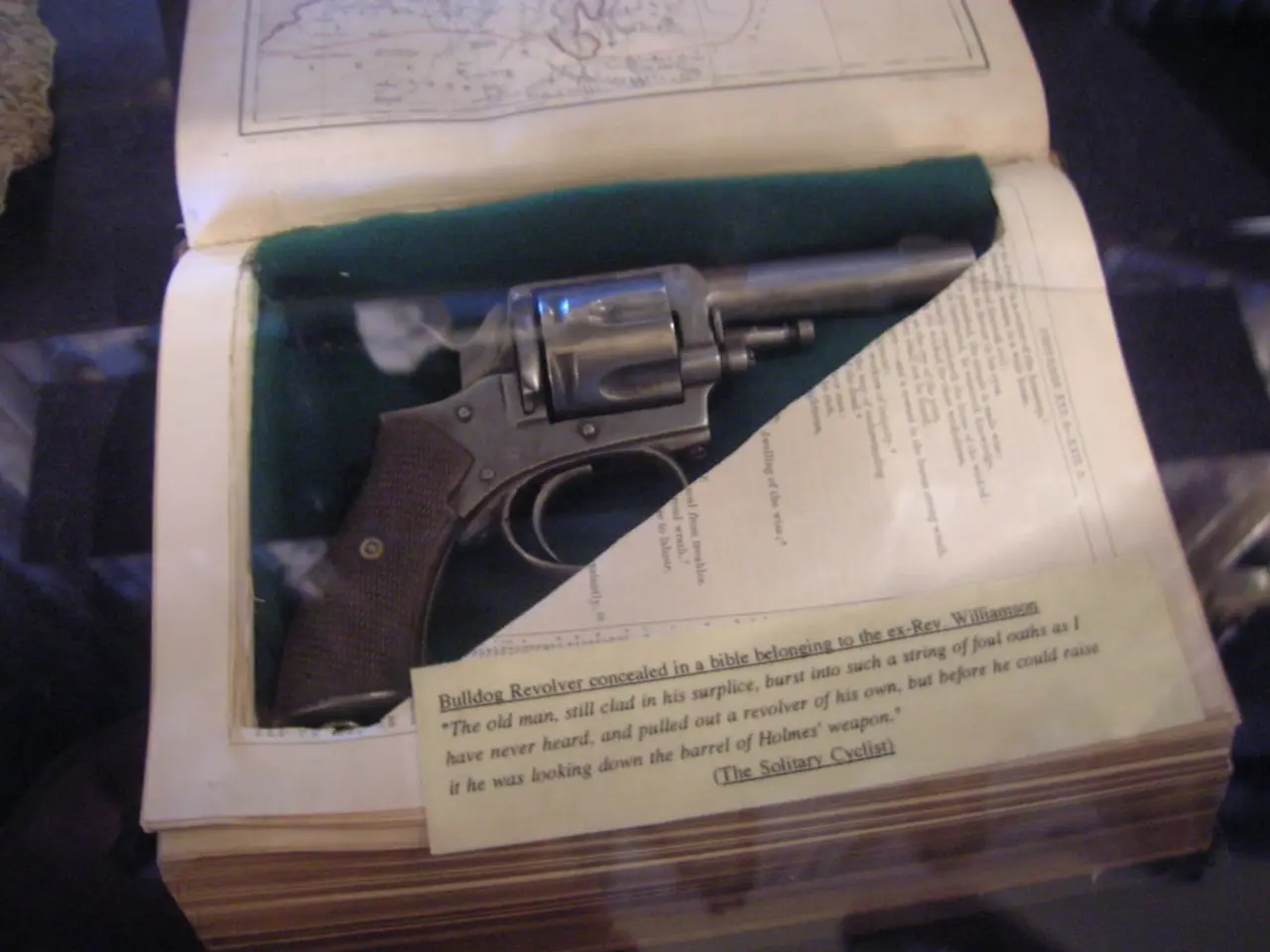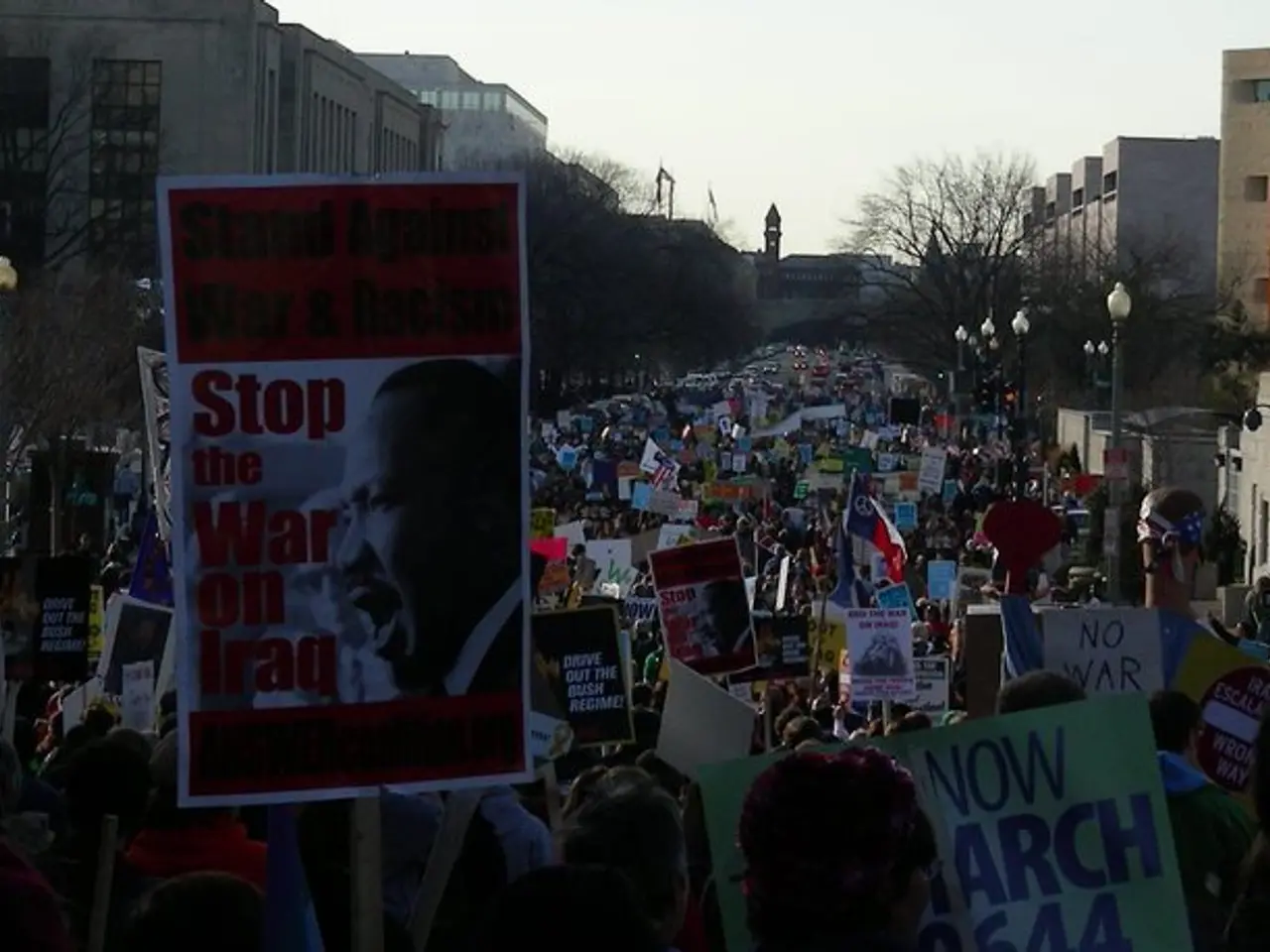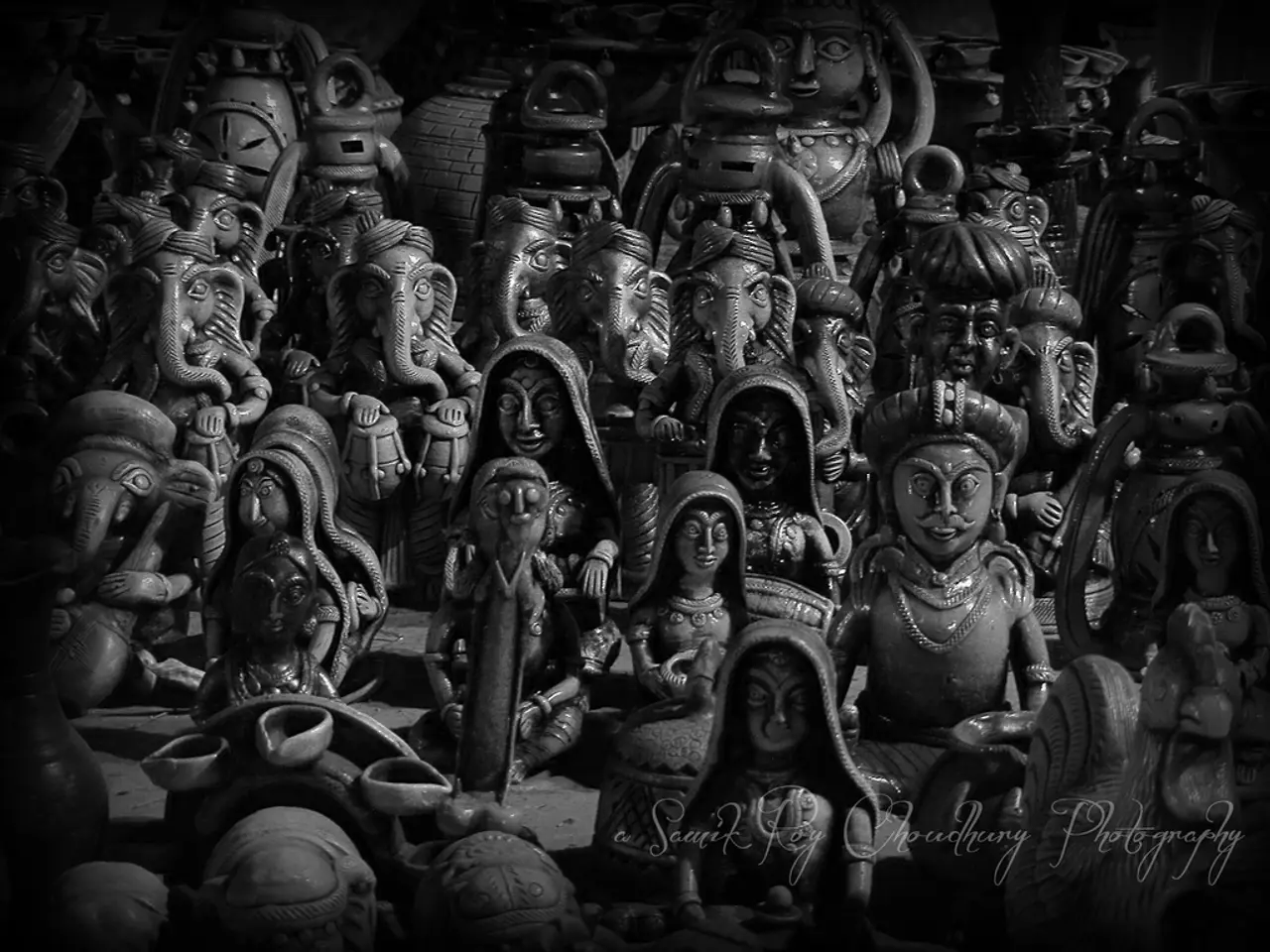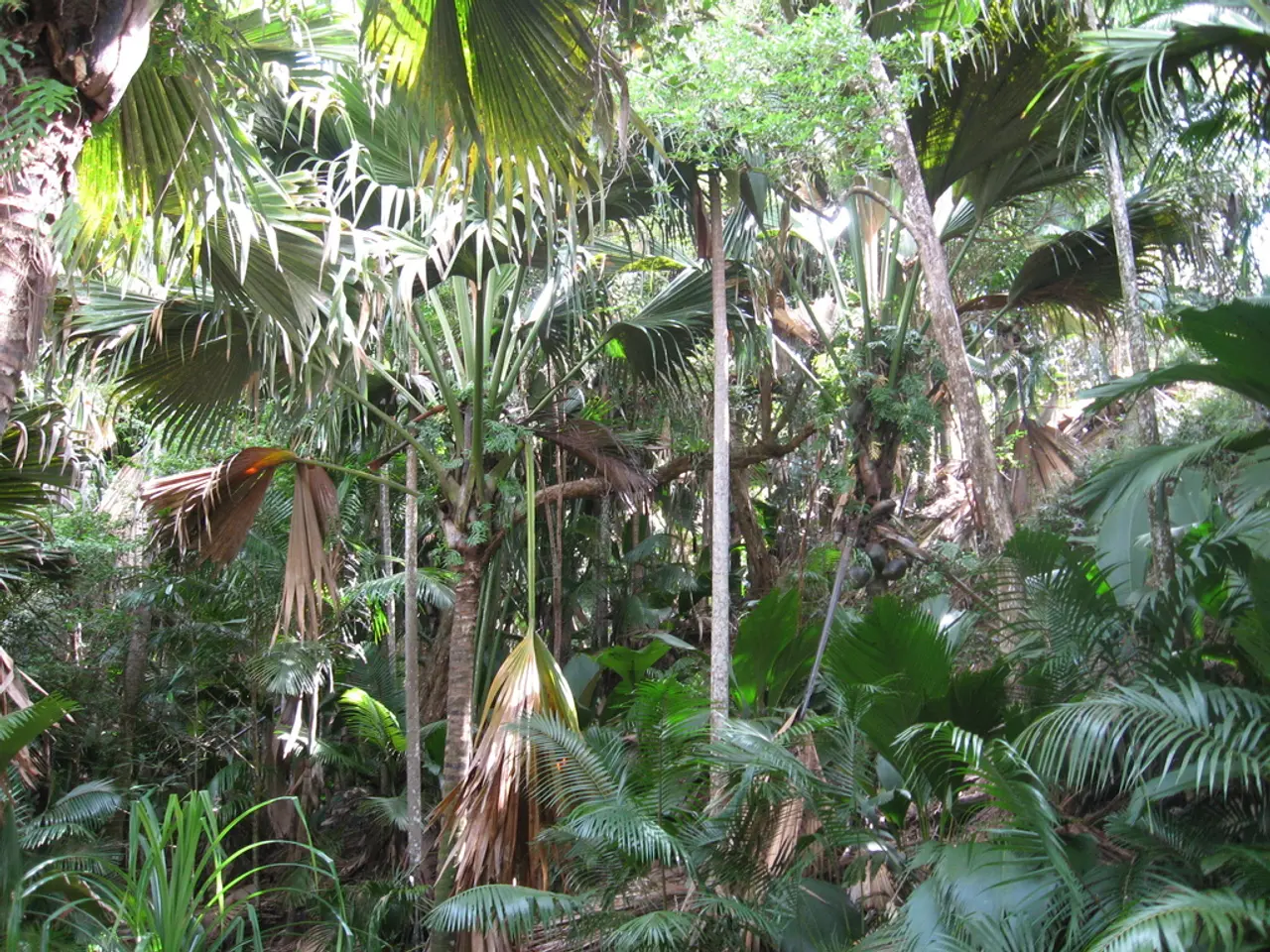Evil's radiance illuminated us all, as per Viktor Yerofeyev
In the heart of Russia, President Vladimir Putin has declared that the main "commotion" is the ongoing war with Ukraine. However, writer Viktor Yerofeyev paints a more complex picture, suggesting a layered cultural, historical, and ideological conflict that runs parallel to the military struggle.
These ideological "commotions" are deeply rooted in identity, nationalism, imperialism, and differing political myths. Yerofeyev highlights Russia's search for a national idea or mystical destiny connected to its tragic juxtaposition with European civilization, clashes over language and ethnic identity, especially regarding the status of Russian speakers in Ukraine, and competing historical narratives and war memories that shape both societies' perceptions of the conflict.
Moreover, Yerofeyev points to broader ideological struggles involving nationalism and imperialism, as well as cultural-political disputes like the Ukrainization of schools and recognition of minority languages, which exacerbate tensions beyond the military conflict itself. This complex backdrop of ideological disputes forms what he calls "commotions" that run alongside the physical war, reflecting deeper social, political, and historical contestations.
In a stark contrast to these intellectual debates, Putin's Russia is actively moving. A direct call has been made to ban and destroy harmful books, marking the first attack on undesirable writers as early as 2002. In the current context, any resistance is considered illegal in the war. This crackdown on free speech serves as a stark reminder of the political climate in Russia.
President Putin has expressed his preference for "commotion" over peace and quiet, a statement that seems to encapsulate the tumultuous state of affairs in Russia. As the Russia-Ukraine conflict continues to unfold, it is clear that these ideological "commotions" will play a significant role in shaping the future of both nations.
- The ideological conflicts between Russia and Ukraine, as detailed by writer Viktor Yerofeyev, encompass deep-seated matters of identity, nationalism, imperialism, and political myths, often manifesting in cultural-political disputes and competing historical narratives, which run parallel to the ongoing military struggle, thereby shaping the future of both nations.
- Beyond the physical war with Ukraine, President Putin's Russia is also characterized by ideological struggles, as seen in the crackdown on free speech and the prohibition of certain books, reflecting the political climate where any resistance is considered illegal, a stark reminder of Russia's preference for commotion over peace and quiet.
